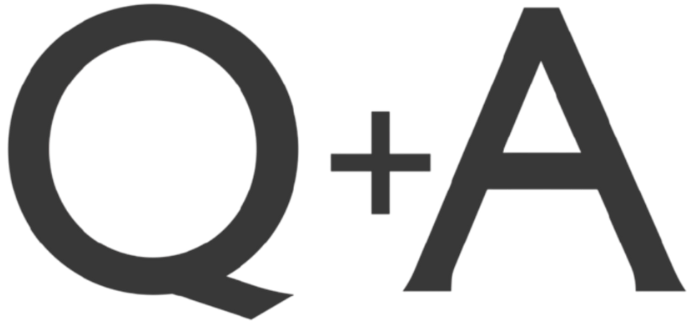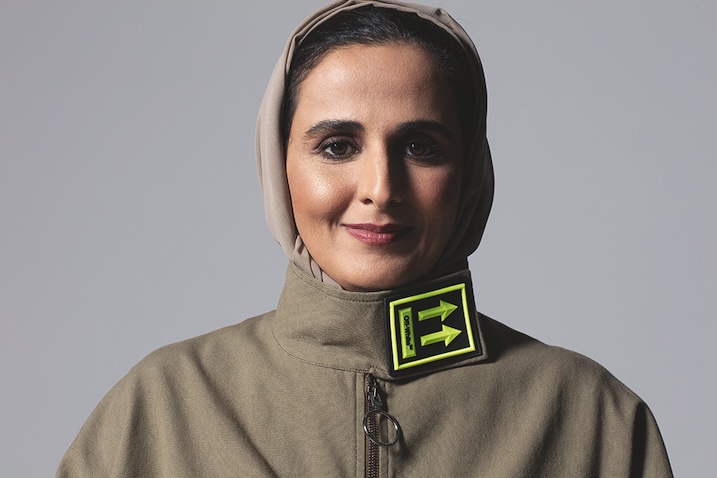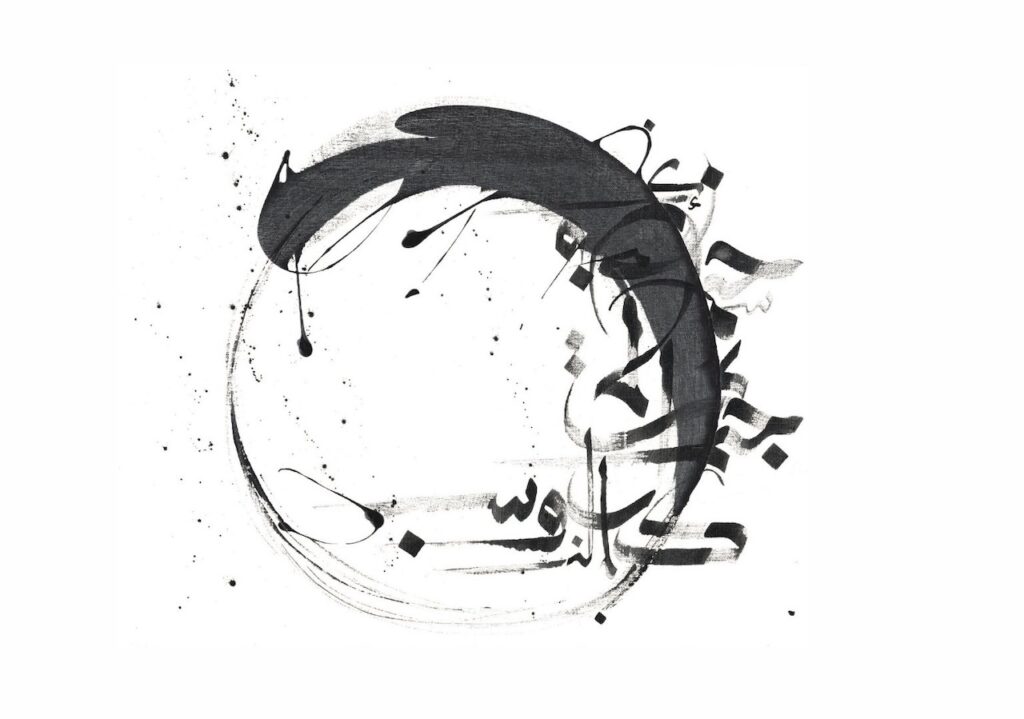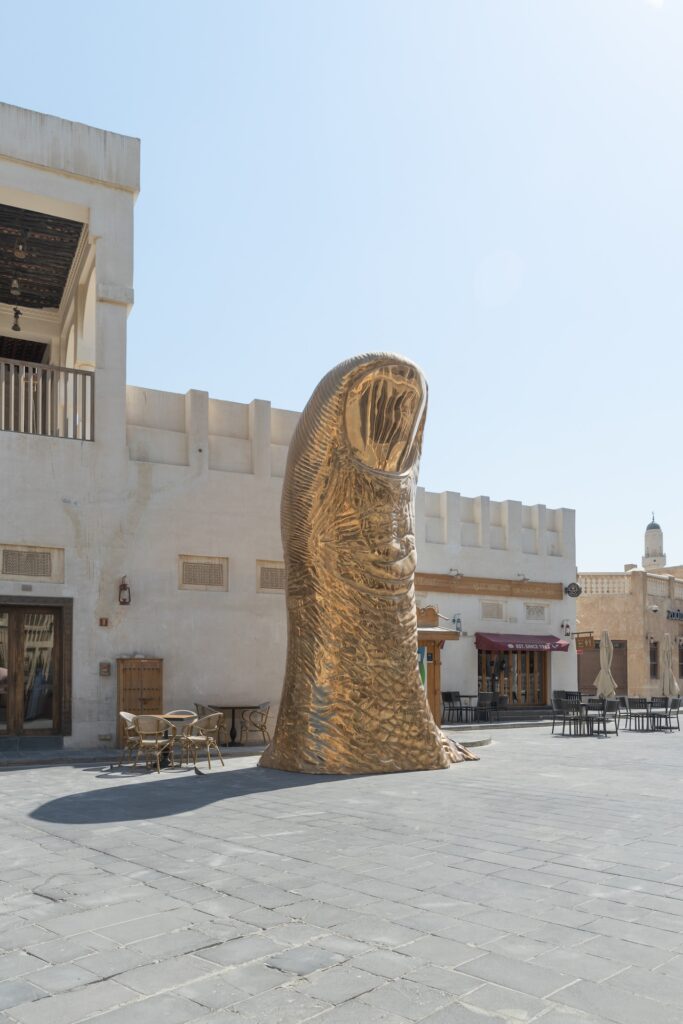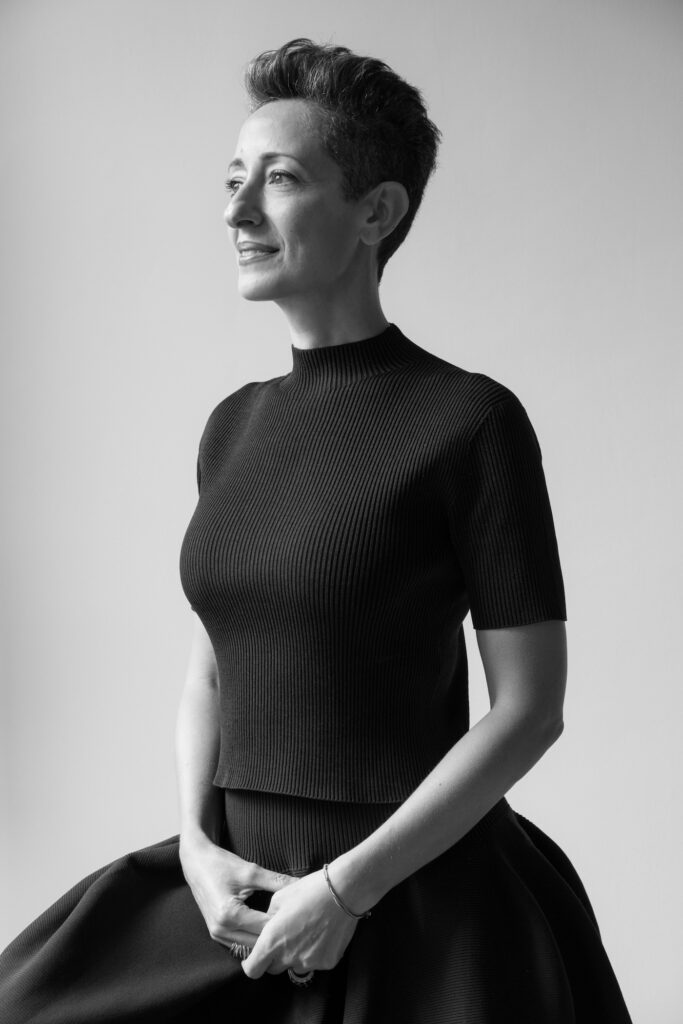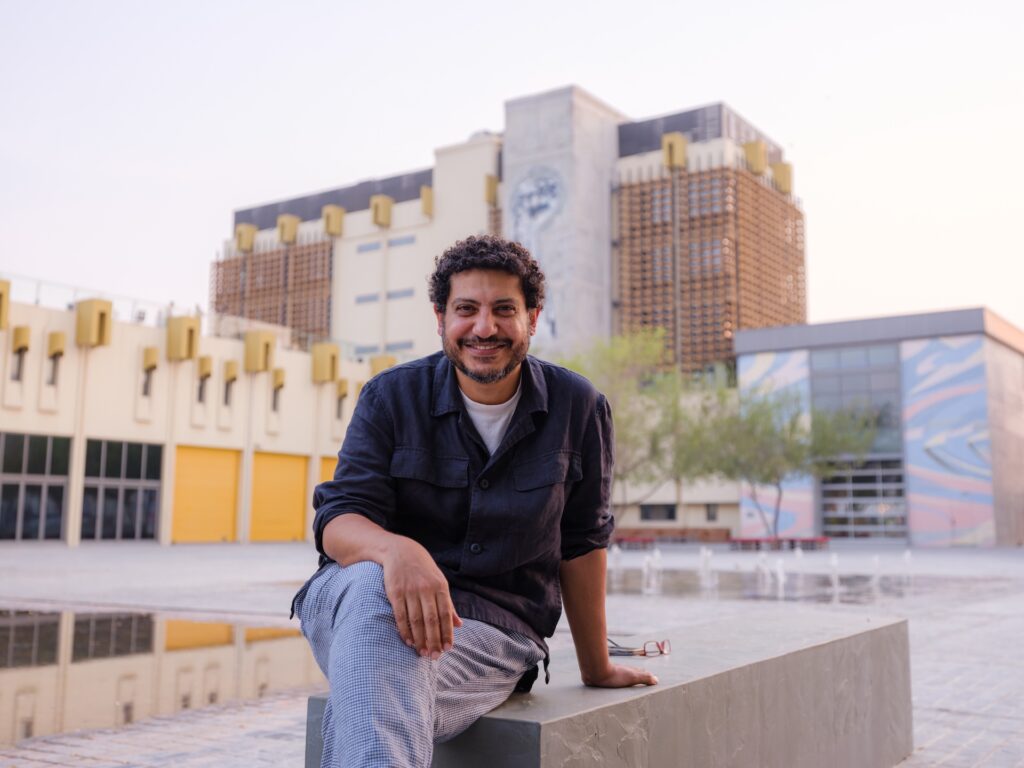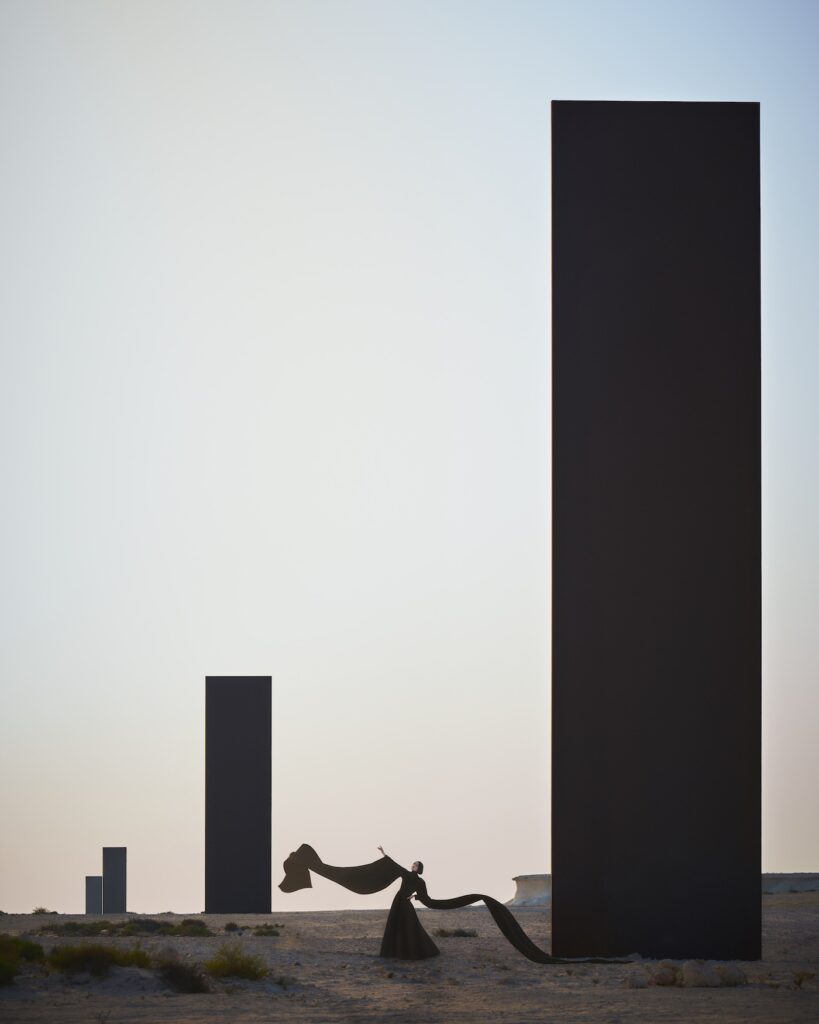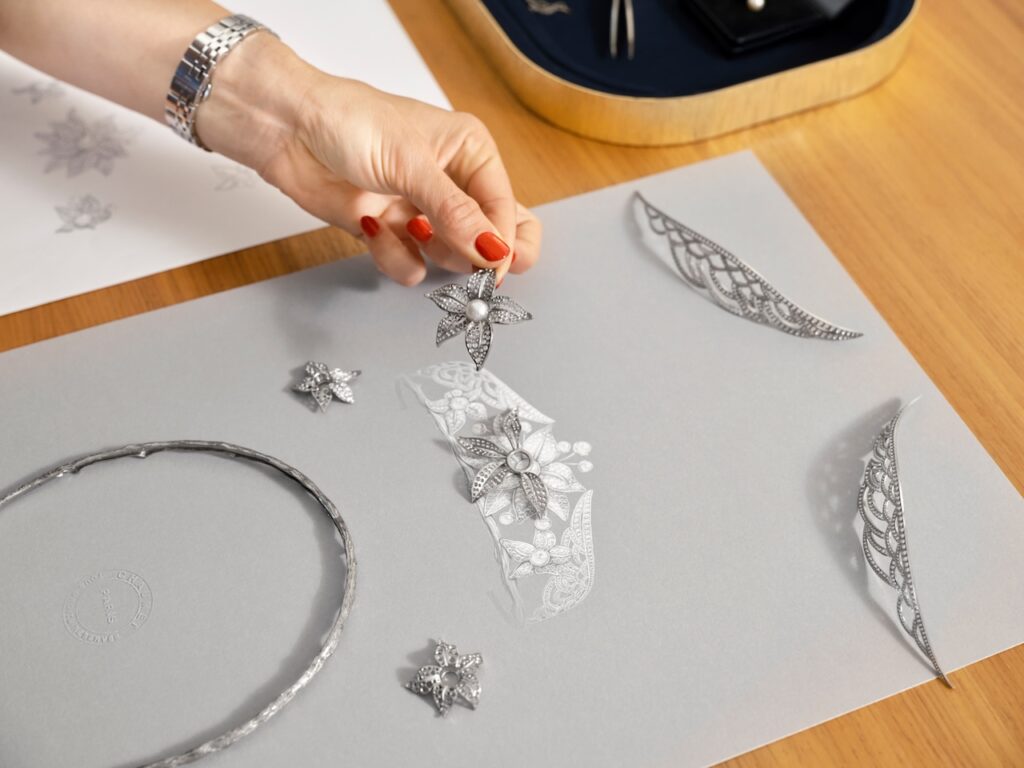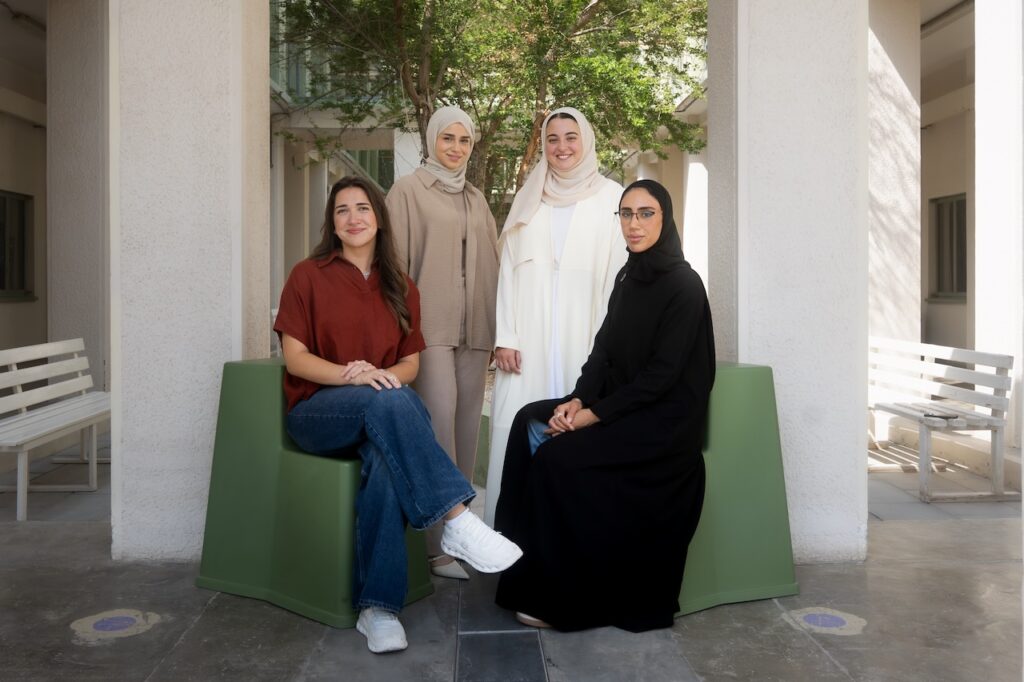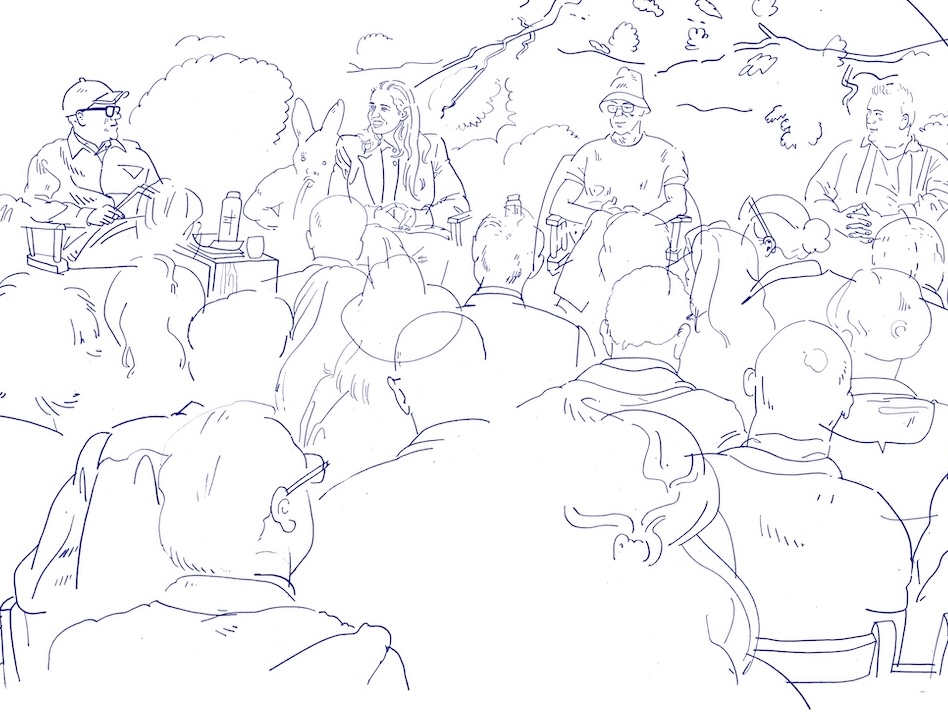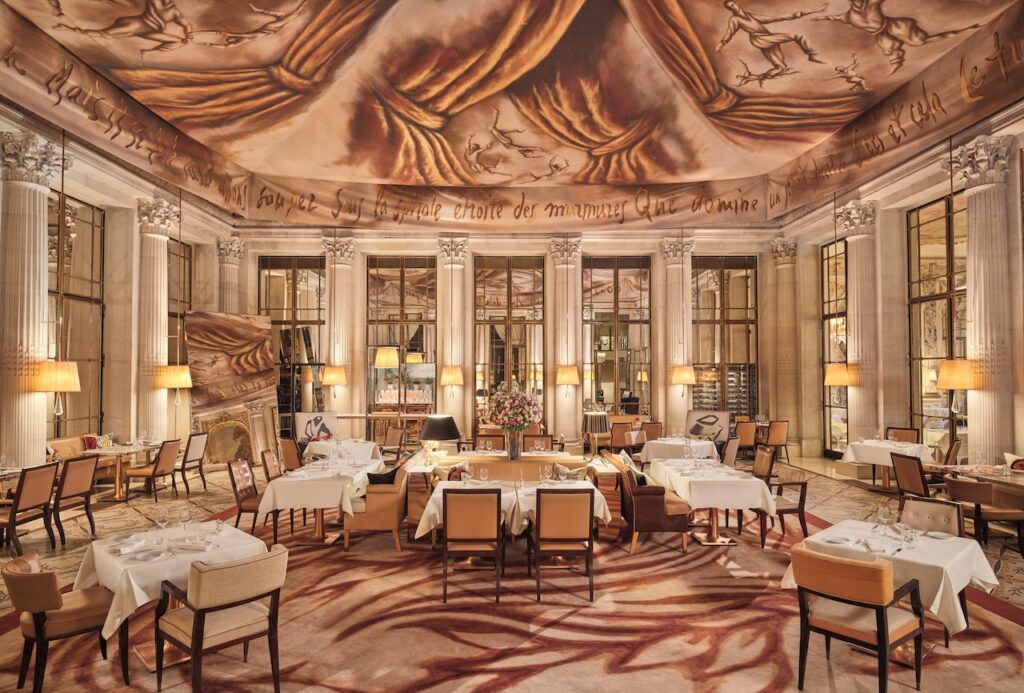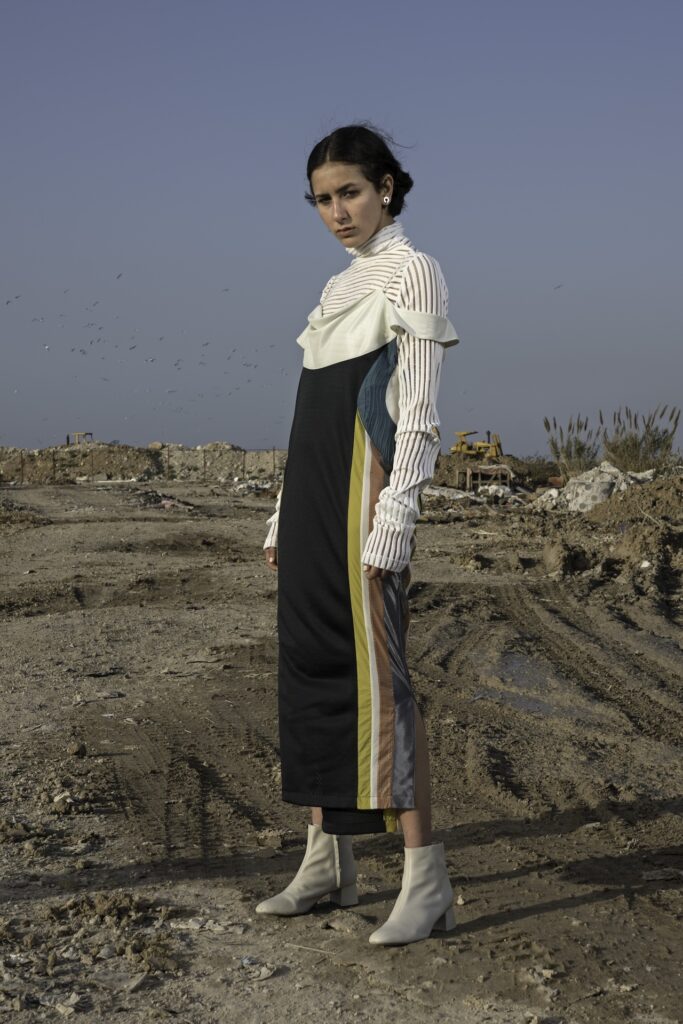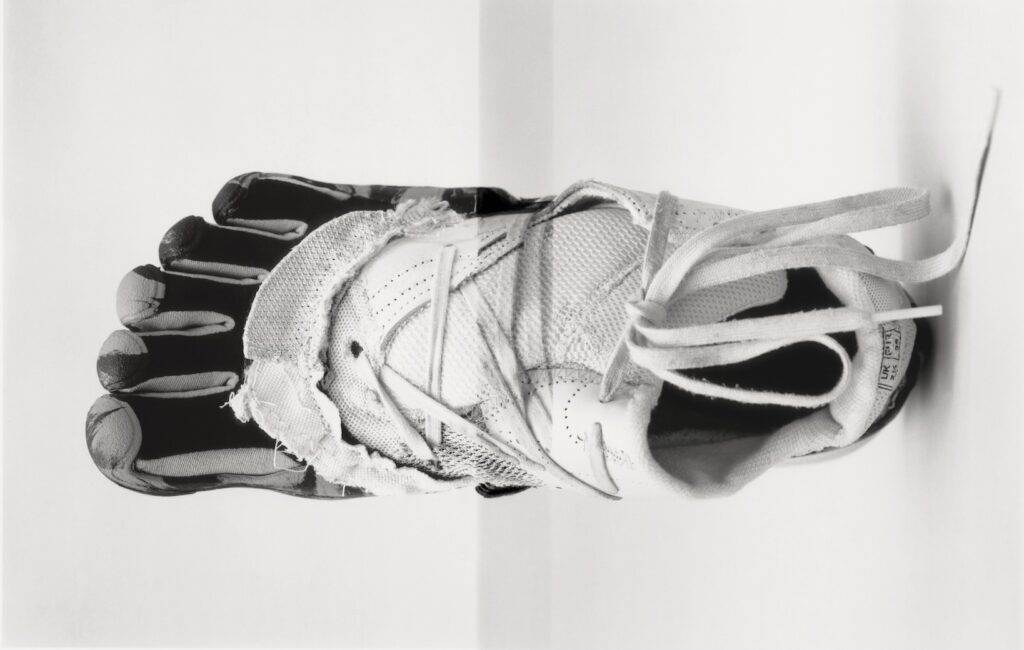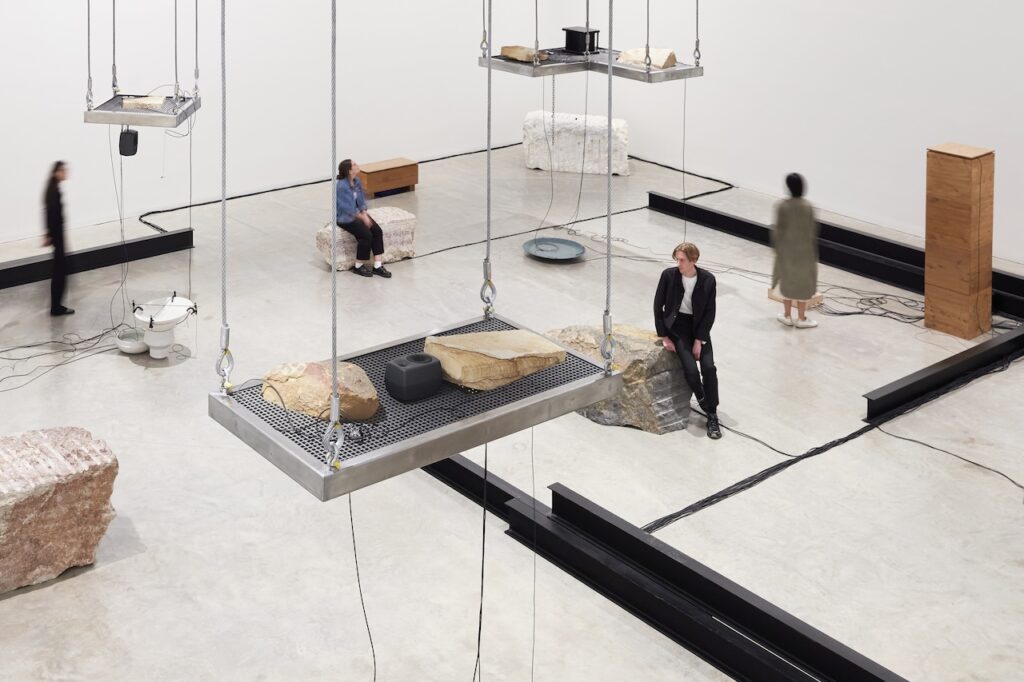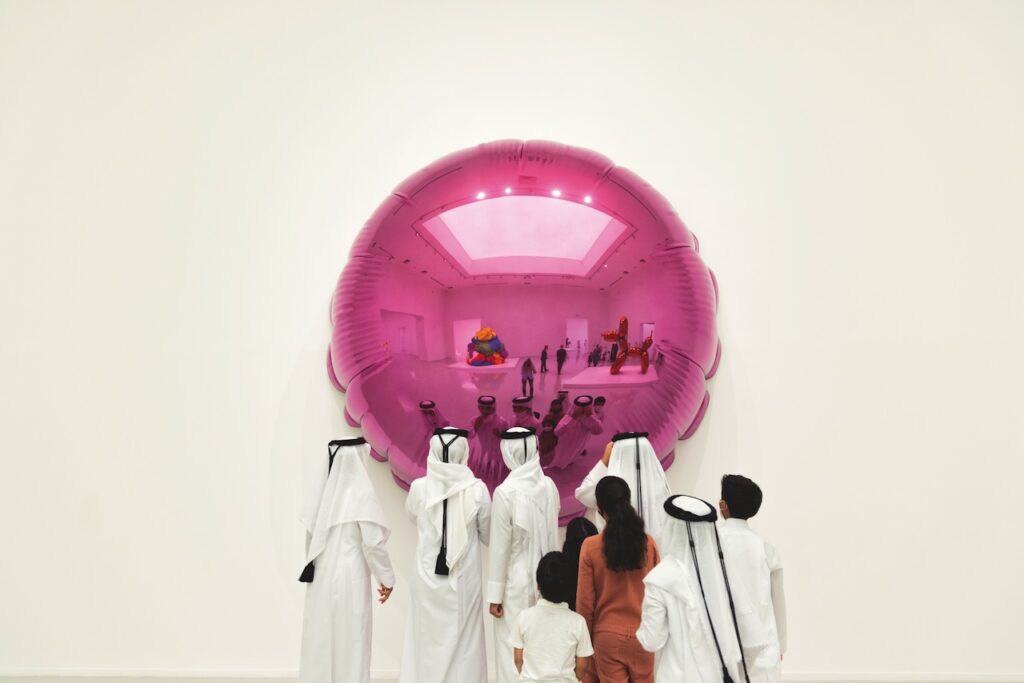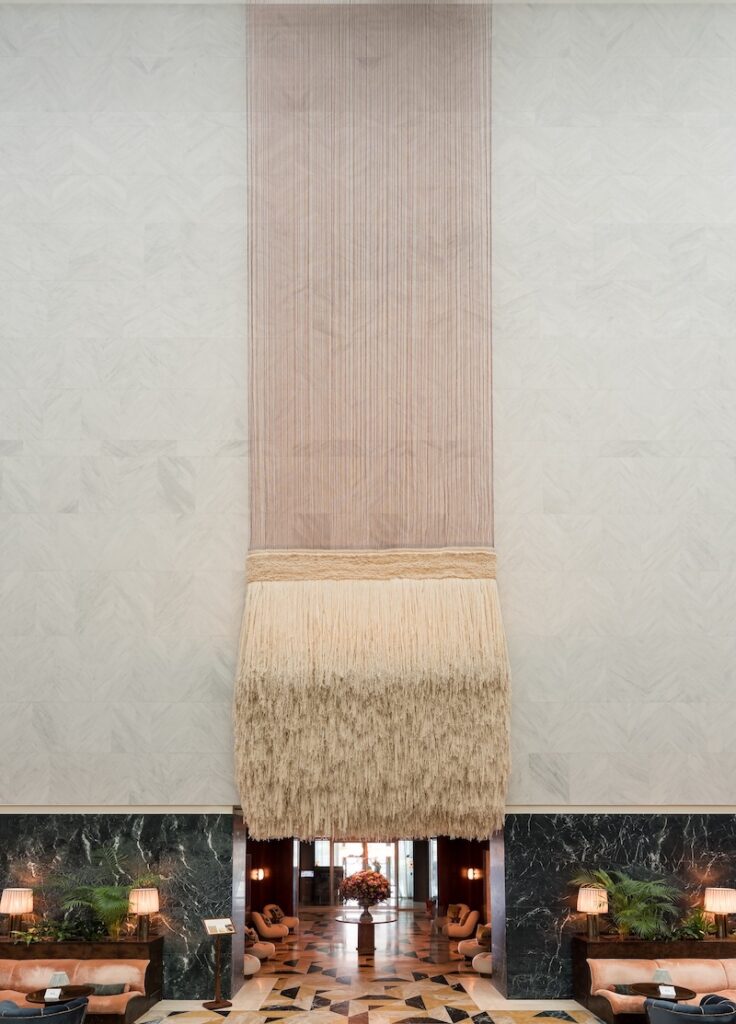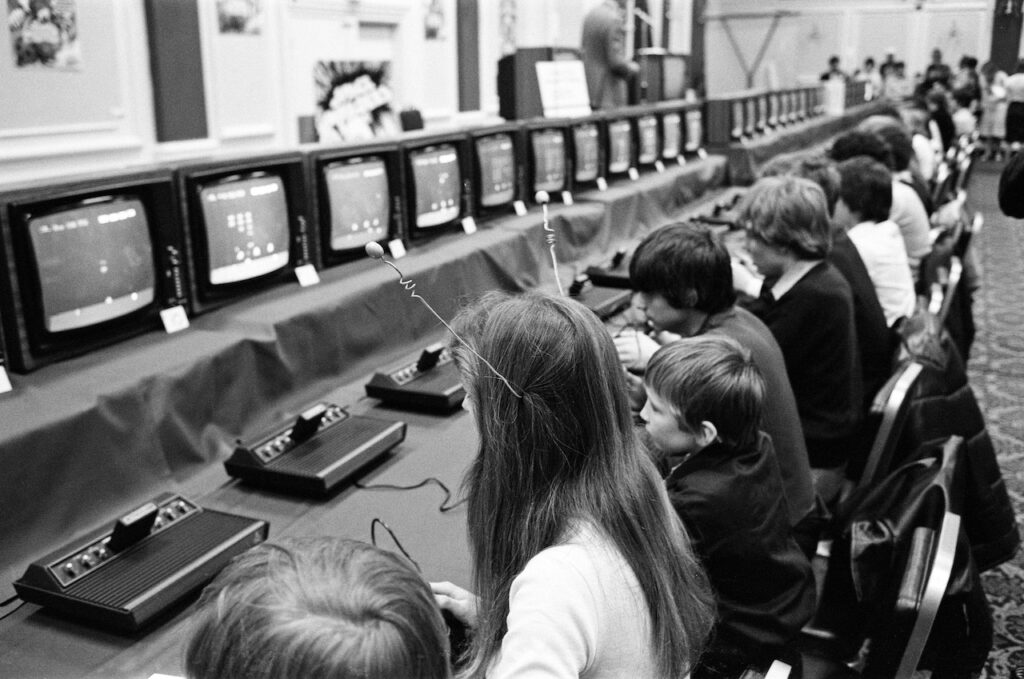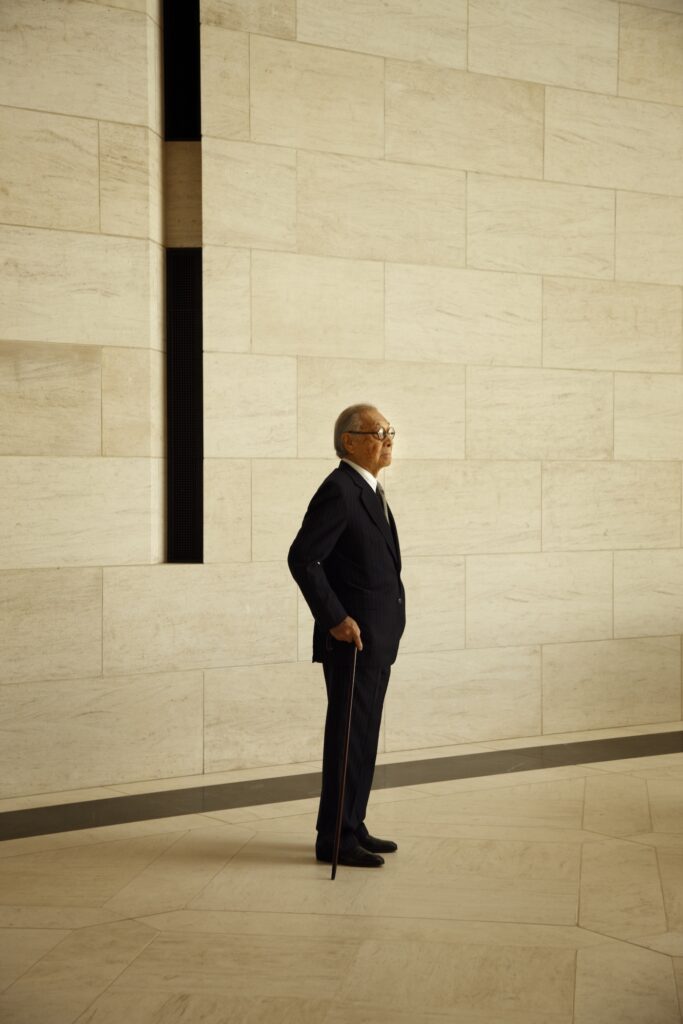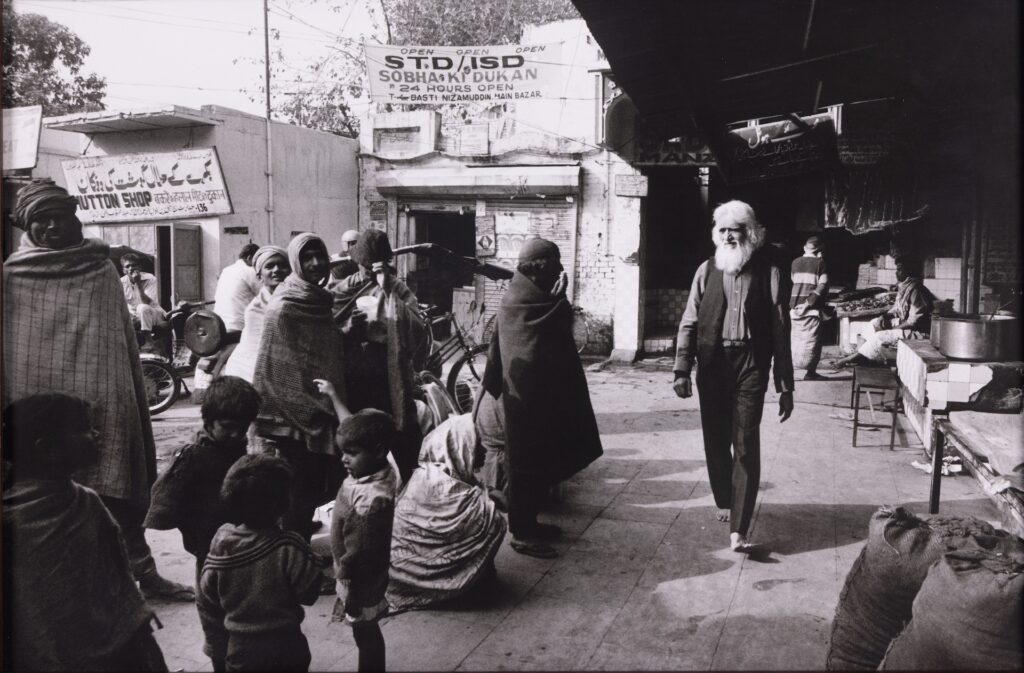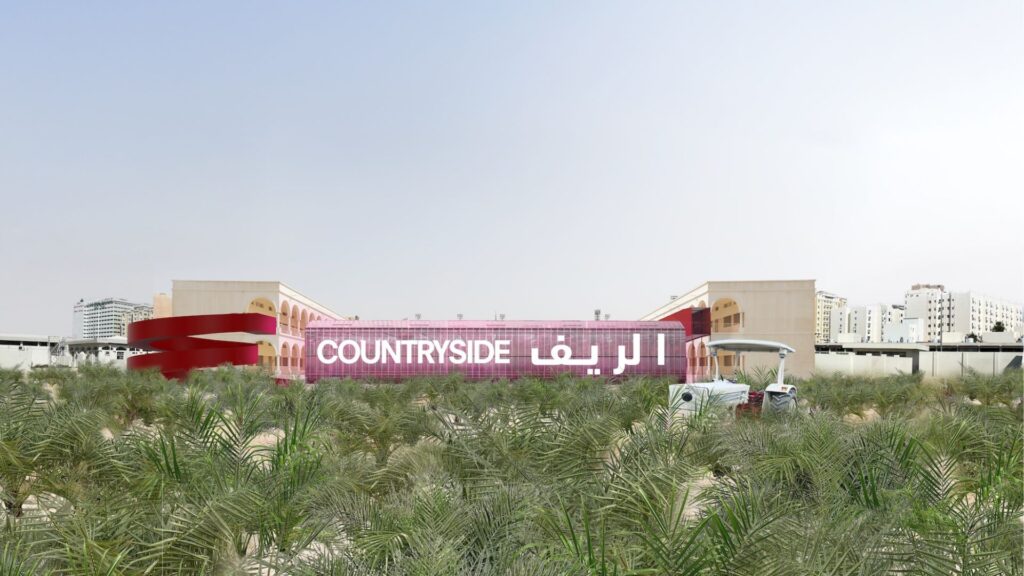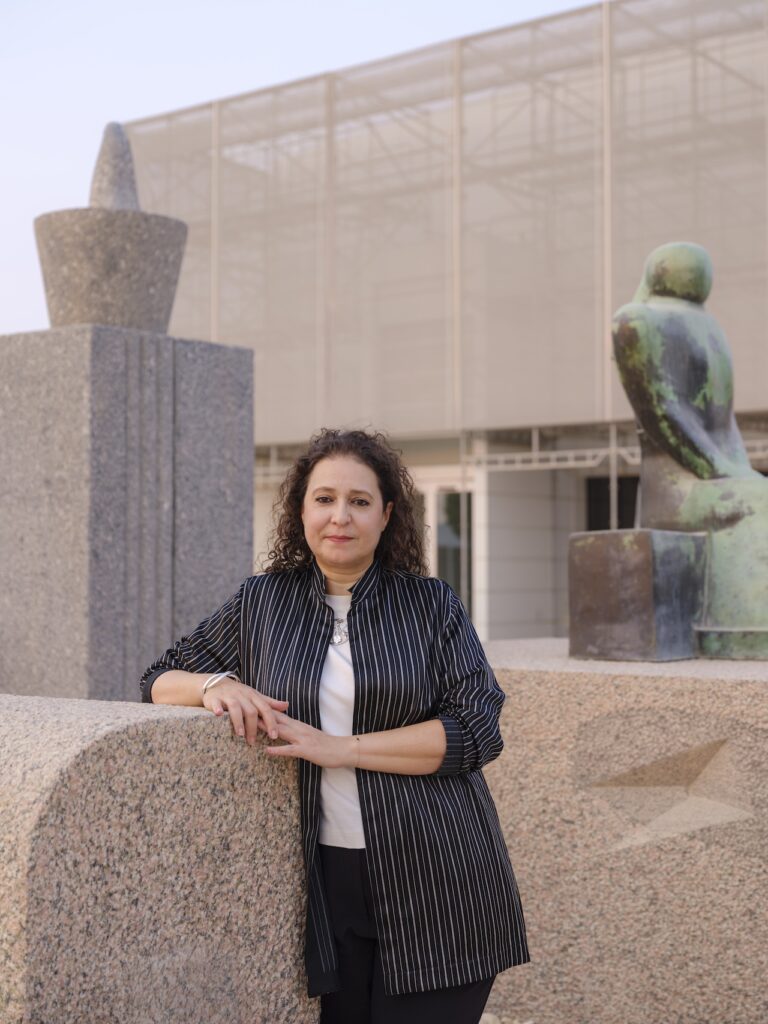The Fifth Pillar
Noah Horowitz talks about Art Basel’s decision to expand the international art fair to Doha
Illustration Olivier Kugler
Interview Arsalan Mohammad
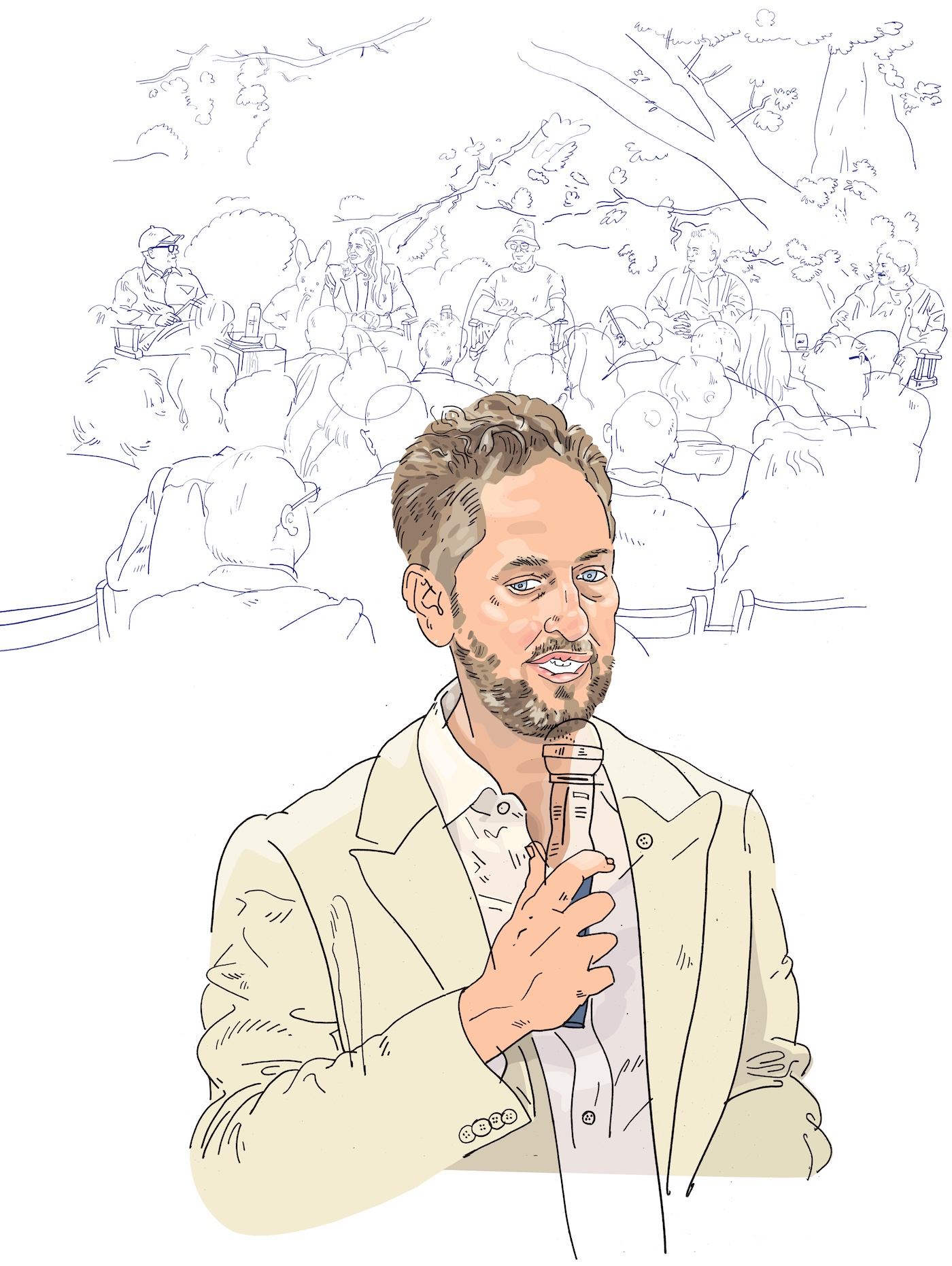
To successfully launch a sustainable world-class art market event with maximum impact and resonance, you need true visionaries at the top and plenty of energy firing upwards from the ground. Lucky, then, that the two entities – Art Basel and Qatar – behind the Middle East’s biggest art market story of 2026, the launch of Art Basel Qatar, are perfectly aligned in experience, insight and ambition.
ARSALAN MOHAMMAD How did Art Basel Qatar come about?
NOAH HOROWITZ We’ve followed the acceleration of cultural and market infrastructure in the Middle East region for some time now. We expanded some 20-plus years ago into the Americas via Art Basel Miami Beach, then more than a decade ago with Art Basel Hong Kong and in 2022 with Art Basel Paris. It has become clear that having a presence in the Middle East and North Africa [MENA] and capitalising on the immense opportunity here is a critical next step for us and for the global art market. By working closely with Her Excellency Sheikha al-Mayassa, as well as our partners Qatar Sports Investments, a major investor in sports, culture, entertainment and lifestyle, and QC+, a strategic and creative collective specialising in cultural commerce, we can unlock exceptional potential to develop and drive this market on behalf of artists, gallerists and collectors across the region and internationally.
There seems to be a special dynamic energy in this union?
There are two things that typically need to happen in the evolution of the art market. One is geographical expansion, the other is content and audience expansion. Relative to global sales by value, I think there is a disconnect between the importance of what’s being built in the MENA region and the unrealised market potential of artists here, who haven’t yet reached the international visibility that they’re due.
You see a major imbalance in need of a corrective?
Yes, we feel that local art markets can be much more active, part of a truly global dialogue, as well as with communities in the broader region, whether it’s the Gulf, North Africa, India, Central Asia and so on. We feel the rapid development of the economy and cultural infrastructure here have set the stage for that expansion. Collectively, we can co-create and advance this.
Art Dubai’s success as the pre-eminent regional art fair was fuelled both by state support and nurturing the emirate’s grassroots art economy. While Art Dubai is not a formal partnership, as Art Basel Qatar is, are you nevertheless emulating that approach in Doha?
We have said from the outset that we are strategically building this fair in a sustainable and thoughtful way. There is a reason we’re not starting in one of the big convention centres in Doha. We felt the M7 arts space in Msheireb, a pedestrianised mixed-used neighbourhood in downtown Doha, was the right place to begin. M7 is a stunning venue that has been used very successfully for Design Doha and other exhibition programming. We will have about 50 exhibitors in year one – a third of what we started with at Art Basel Paris, and substantially less than the 250 or so galleries that are currently in the other Art Basel shows. In our calls to galleries for our inaugural outing, we are inviting single-artist proposals and propositions, rather than the “come one, come all” approach that is the typical art fair experience. We’re also appointing an artistic director to run the fair, rather than a gallerist or business professional: Wael Shawky, who will bring an invaluable regional perspective. In his role as artistic director at Doha’s Fire Station, Wael is leading an important local, non-profit exhibition space, artist residency and studio complex. So we are intentionally bridging that gap to create connectivity between Art Basel and local entities.
Will Art Basel’s presence in Doha extend beyond the physical event itself?
Yes, we’ve been very clear in our ambitions of aligning with the local cultural calendar. We’re looking at moments in the calendar for storytelling, other moments for creating platforms for conversations, education – meeting local audiences as best we can, wherever they are, to take them on a journey and to help build upon Qatar Museums’ great work. We don’t see Art Basel as a brand that simply arrives and operates in isolation from the local and regional communities. Our approach is collaborative, working together to amplify and advance what’s already been growing.
Are there any more details about these events that Art Basel will be supporting outside of the actual fair that you can share with us?
Not yet, but watch this space! Ultimately, we are committed to creating a fair that will feel very much of its place, which is something that Vincenzo de Bellis, Global Director of Art Basel Fairs, is building hand-in-hand with Wael, our team and our partners. In the other shows which we operate we have a very high threshold of galleries from the region and we intend to replicate that here. Over time this will be complemented by a robust programme of talks, conversations, performances and other initiatives. It’s very much the spirit of the initiative and very much the spirit of Wael’s appointment to create something that feels very distinct, that operates at a level of ambition that matches every expectation of our international audiences and local partners.
The inaugural edition of Art Basel Qatar will be held in Doha from 5-7 February 2026.
For further information visit artbasel.com/qatar
